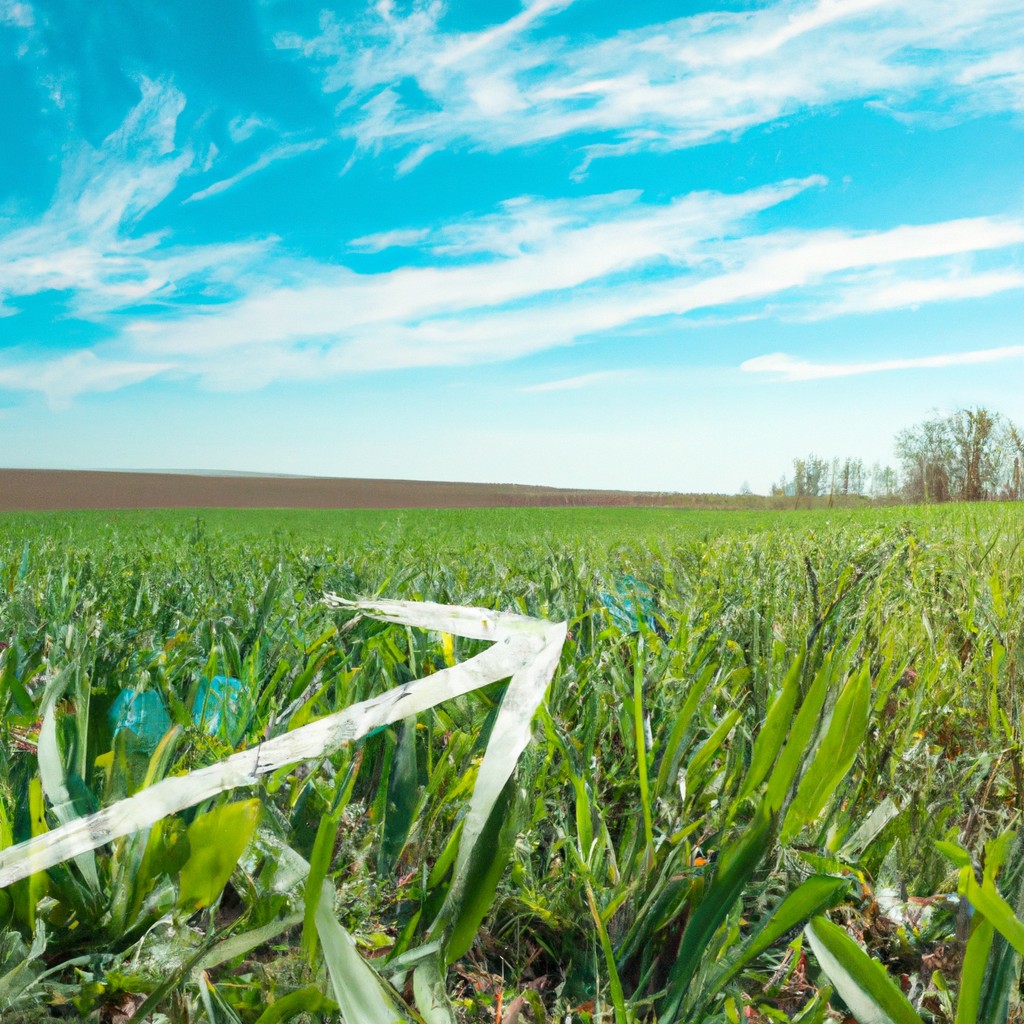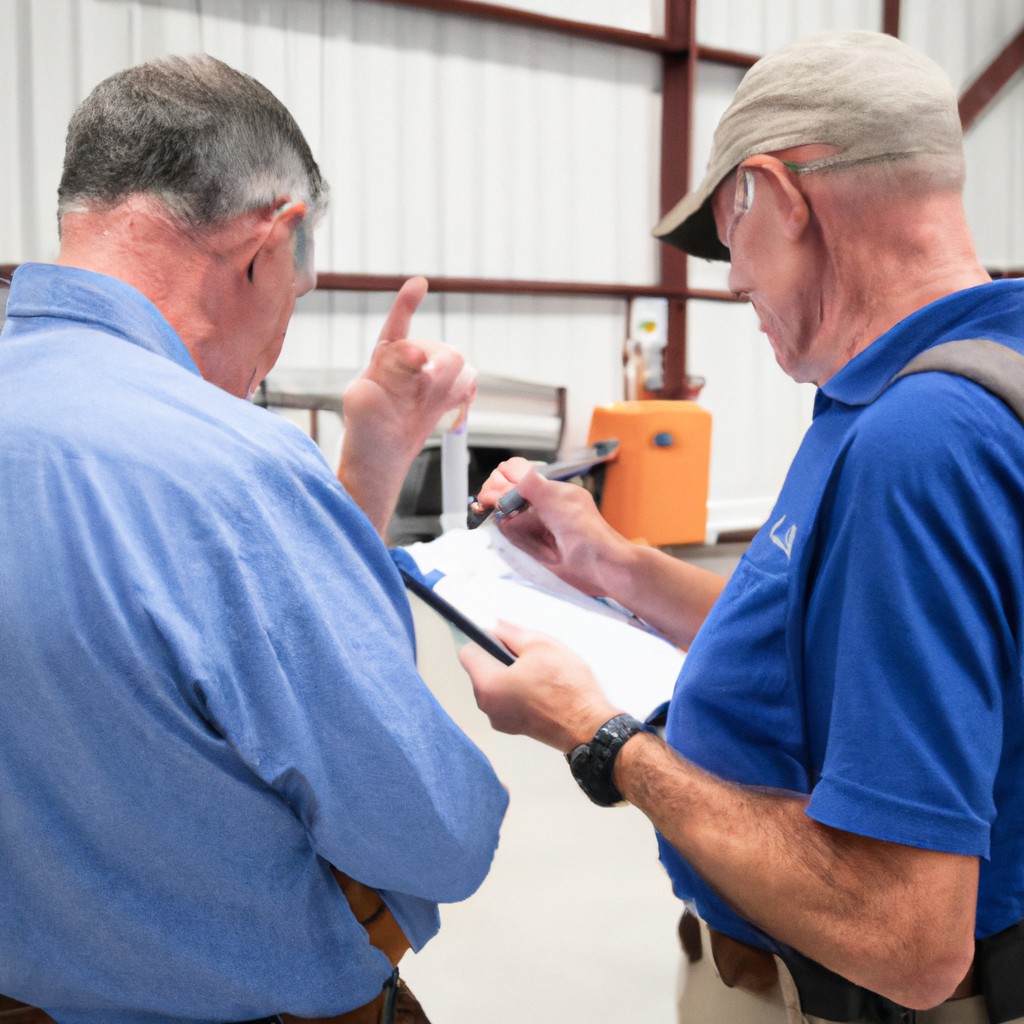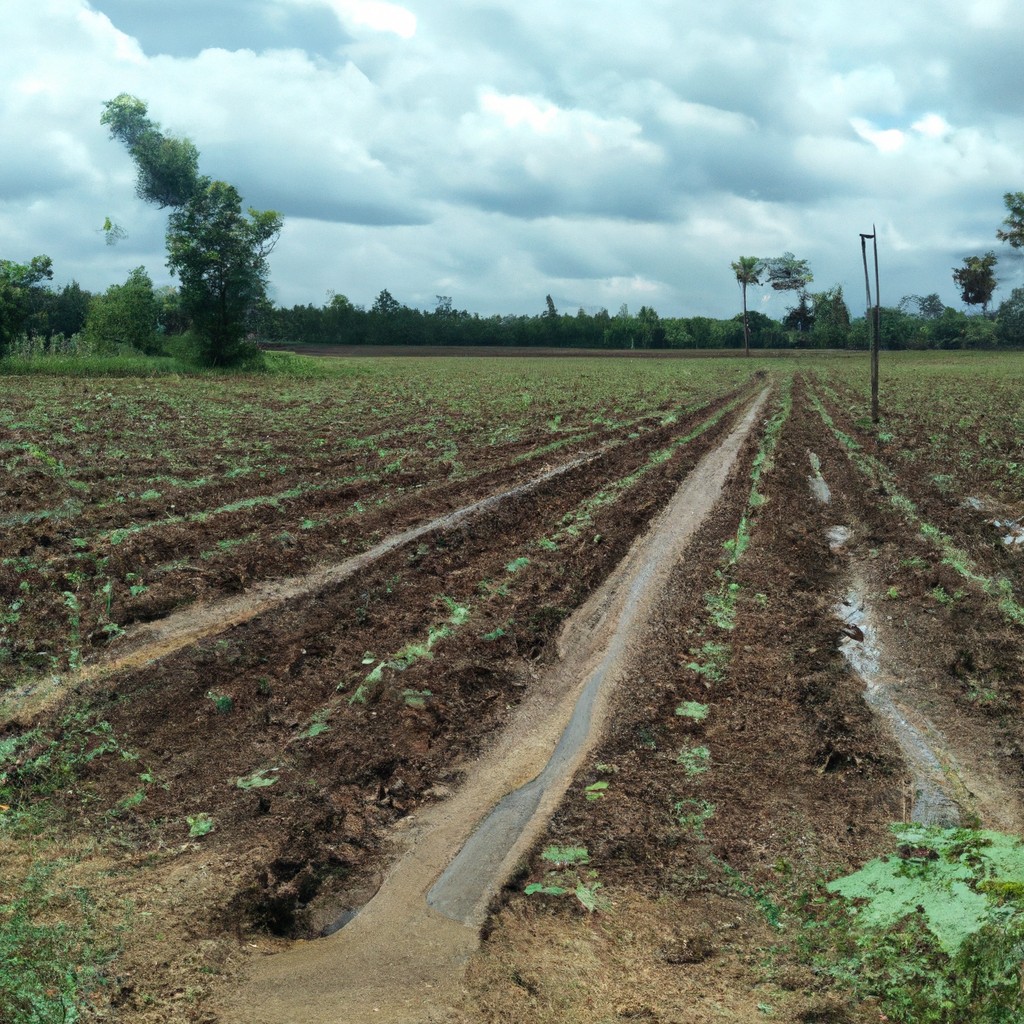Learn why farmers and agricultural businesses need agricultural lawyers to navigate the complex world of agricultural laws and regulations, with a sprinkle of humor on the side.
Look Inside:
Job Description & Primary Responsibilities

Keeping farmers out of trouble and their cows on the right side of the fence, legal experts in agriculture have a unique role. They provide legal advice on issues like land use, environmental regulations, and commercial transactions. Essentially, they help navigate the murky legal waters—no hip waders required.
Drafting contracts is all in a day’s work. Whether it’s about buying seeds or selling livestock, these agreements need a sharp eye. Think of them as the referees ensuring fair play between parties.
When disputes sprout, these lawyers are the frontline defenders. Whether it’s neighbors squabbling over property lines or farms wrestling with hefty environmental penalties, they’re there to plant the peace.
They offer counsel on pesticide and safety regulations, ensuring farmers stay compliant and crops stay untainted. Nobody wants their tomatoes resembling radioactive tennis balls.
Finally, they’ll even work on estate planning. Farms often stay in families for generations, and nobody wants Grandpa’s favorite tractor stuck in probate limbo.
Education Requirements
Oh, the journey to becoming an agricultural legal eagle! It kicks off with a bachelor’s degree—major bonus points for environmental science or agricultural studies.
After that, law school is the next pit stop. Earn that Juris Doctor (J.D.) degree while deciphering legal jargon. Think of it as learning to speak “lawlish.”
Passing the bar exam is the grand finale of the academic journey. It’s like the final boss in a video game, only with more Latin phrases.
For those aiming to be the ultimate crop crusader, specialized courses and certifications in agricultural law can be the cherry on top. Just don’t forget to wash it first—they might not be organic!
Farm & Rural Law
Picture this: you’re a farmer tending to your fields, minding your own business, when suddenly—bam!—a dispute arises over water rights or a boundary squabble with your neighbor. Enter the arena of law applicable to farms and rural areas. It’s like a potluck of legal issues, ranging from land use to environmental regulations, and even includes a dollop of zoning laws.
In the mix, you’ll find things like property leases. Negotiating a fair lease is as crucial as remembering to rotate your crops. Then there are easements, those invisible strings that allow utility companies to traipse across your land without (hopefully) messing up your prized pumpkin patch.
Don’t forget subsidies and grants—they’re like the friendly neighborhood discounts at the farmers’ market, but for your land.
Lastly, you’ll bump into estate planning that ensures your cherished heirloom tomatoes—and the land they grow on—stay in the family. A good grasp of these laws can keep farm life peaceful and as bountiful as a cornucopia at Thanksgiving.
Agricultural Attorney
Navigating the fields of law and agriculture can be trickier than coaxing a mule into a raincoat. Whether it’s crops or critters, these attorneys roll up their sleeves and dig into the nitty-gritty of agricultural issues.
- Provide legal advice on land use regulations, ensuring farmers don’t end up planting tomatoes where only pineapples are allowed.
- Help negotiate contracts for everything from equipment leases to the sale of a thousand pounds of the freshest carrots on the market.
- Advocate for environmental compliance to ensure that fields remain lush and cows still have a planet to moo about.
- Offer guidance on agricultural business structures, because sometimes you need more than a solid pair of overalls to hold your farm together.
- Resolve disputes over water rights, making sure that nobody turns the neighbor’s duck pond into their personal moat.
Agricultural attorneys are the secret sauce in the complex recipe that is modern farming, ensuring that legal matters don’t sprout into problems as stubborn as a barnacle on a tractor tire.
Teaching, Research, Extension, and Service
Agricultural legal eagles don’t just hang around the courtroom; they also dive into the world of teaching, research, extension, and service. Picture them as multi-talented trapeze artists juggling various roles.
First, they educate farmers and students about the legalities of agriculture, ensuring the next generation knows its way around legal maize mazes.
Second, they conduct research, delving into issues like land use policies and environmental regulations. Think of them as Sherlock Holmes with a taste for corn and soybeans.
Third, they partake in extension activities, offering invaluable insights to rural communities. They’re kind of like walking, talking Wikipedia pages, providing info right on their doorstep.
Finally, they serve the community. Whether it’s developing policies or advising on sustainable practices, they are the superheroes guarding the legal landscape of agriculture. Capes optional, but recommended for dramatic effect.




